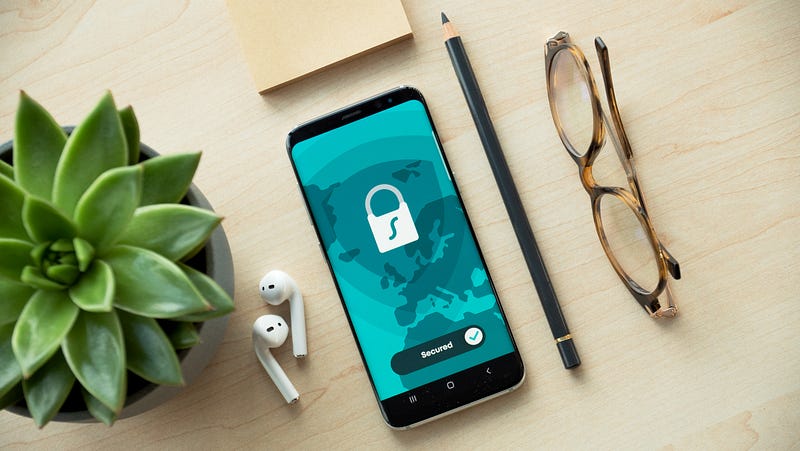Essential Tips for Enhancing Your Home Cybersecurity
Written on
Understanding the Threats
Cybercriminals thrive on your ignorance. They want you to believe that only larger organizations are at risk, but that's a misconception. Neglecting home cybersecurity can lead to financial loss, identity theft, and significant stress. Let’s discuss four prevalent mistakes individuals make regarding their personal online security and how to address them.
Mistake 1: Thinking My Data Is Not Valuable
Many people, including myself, might think that our personal information lacks value. With average credit scores and modest bank accounts, we often assume we are safe from cyber threats. However, that’s a dangerous misconception.
Cybercriminals focus on individuals like us—the so-called "small fish." While law enforcement may react to significant breaches in larger organizations, hackers often target individuals for smaller ransoms. For instance, if they can convince a small percentage of their victims to pay a ransom of $500, they could easily profit from a large volume of victims.

Automated systems make it even easier for hackers to target multiple individuals simultaneously, selling stolen information on the dark web, which increases the risk of fraud and identity theft.
Mistake 2: Relying Solely on Antivirus Software
Many believe that simply installing antivirus software is enough to secure their devices. However, cyber threats can come from various angles, including social engineering attacks and DDoS assaults that can disrupt your online activities.
Malware and viruses evolve rapidly, and failing to keep your antivirus software updated can leave you vulnerable to new threats.
Mistake 3: Assuming Strong Passwords Are Enough
Having a robust password is a good start, but it’s not a foolproof method of protection. Implementing multi-factor authentication can significantly enhance your security. This additional layer verifies your identity by sending a temporary code to your phone or email.

Other methods, such as CAPTCHA and image verification, further secure your accounts by ensuring that you are not a bot trying to gain unauthorized access.
Mistake 4: Believing You Won't Fall for Phishing
It's easy to assume you won’t fall for phishing scams, especially if they appear rudimentary. However, many phishing attempts are increasingly sophisticated, employing logos and language that mimic legitimate organizations.
These scams may involve urgent messages, prompting you to change your password due to a supposed security breach. Always be cautious; never click on links in unexpected emails. Legitimate institutions will never request sensitive information via email.

If you receive unsolicited messages or attachments, delete them immediately—these often contain malware that can infect your devices without your knowledge.
The Importance of Staying Vigilant
Neglecting cybersecurity can lead to severe consequences such as identity theft and data breaches. Everyone is at risk. By taking home cybersecurity seriously, you can save yourself time, money, and stress.
Utilize strong passwords, keep your antivirus software current, and stay alert to potential online threats. Cybercriminals are banking on your complacency. Building solid defenses and practicing safe online behavior will enhance your confidence in protecting your data.
As the saying goes: “With great power comes great responsibility.”
The first video discusses the top mistakes people make when entering the cybersecurity field. Understanding these can help you avoid common pitfalls.
The second video highlights common mistakes when pursuing a career in cybersecurity, providing insight into how to navigate this complex field.
About the Author
John Teehan resides in Rhode Island with his family and specializes in various topics including tech, health, and business. For more information on his freelance services, visit wordsbyjohn.net. Follow him on Twitter: @WordsByJohn2 for tips on a successful freelance career.